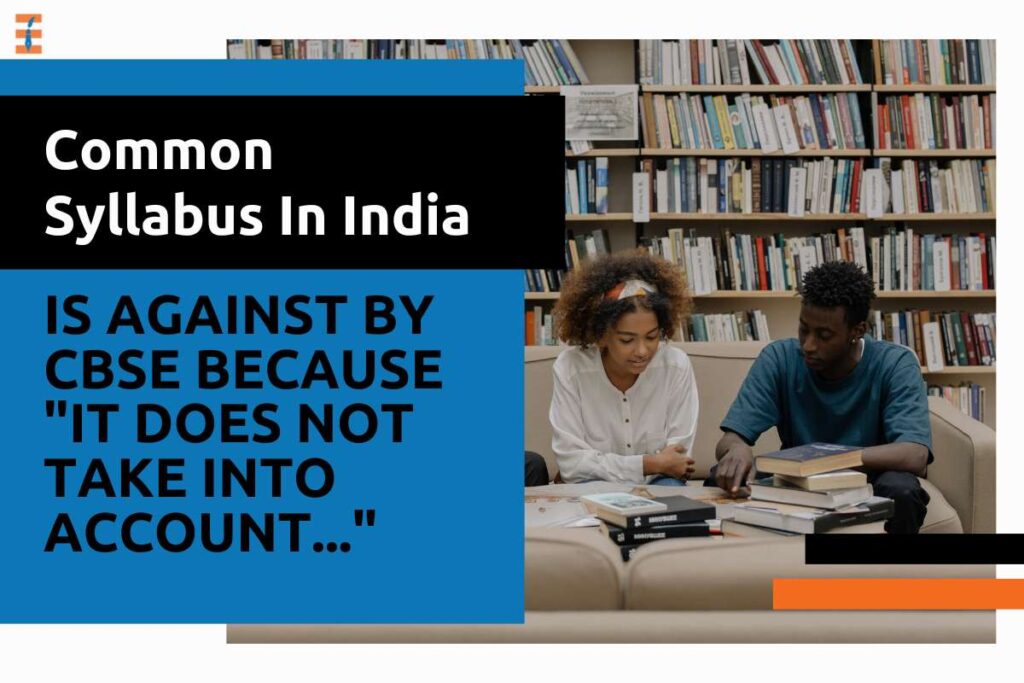The Delhi High Court heard a Public Interest Litigation (PIL) from the Central Board of Secondary Education (CBSE) that wanted a uniform education system for all of the country up to Class 12. The board responded to the court by stating that since education is a topic covered by the Concurrent List of the Constitution and the majority of schools fall under state or union territory jurisdiction, it is the responsibility of those governments to develop the curricula and exams for their respective schools.
The board argued for the introduction of mother tongue education at all levels, pointing out that the universal board/syllabus used throughout India ignores the local context, culture, and language.
The CBSE further emphasised the value of incorporating local resources, culture, and ethos into the curriculum, claiming that kids may relate to courses better if they are more directly related to their lives outside of school. As a result, in addition to a fundamental shared aspect, the diversity of curricula and other educational materials is desirable.
What is stated in the petition
A practising attorney and BJP activist named Mr. Upadhyay claimed that while the curriculum and syllabus for entrance exams are the same, those for the CBSE, Indian Certificate of Secondary Education, and state boards are completely different. As a result, pupils do not receive equal opportunities in accordance with Articles 14 through 16 of the Constitution.
Due to the vast differences in the CBSE, ICSE, and State Board curricula, it does not give all students an equal opportunity to succeed. “The state cannot discriminate on the basis of region, religion, race, caste, class, or culture,” Mr. Upadhyay was quoted as saying by news agency ANI. “However, harmonious-purposive construction of Articles 14, 15, 16, 21, 21A with Articles 38, 39, and 46 confirms that education is the most important fundamental right.
“Although this disparity cannot be entirely eliminated, the government can set up a uniform entrance procedure for applicants to colleges and universities. Everyone would have equal chances of enrolling in colleges and universities if the curriculum and syllabi were uniform, the petitioner claimed.
“One of one’s most basic rights is the right to education. As a result, it must be at the same level and standard and not based on the socioeconomic circumstances of the child. No matter their social, economic, religious, or cultural background, children have the right to receive free, obligatory education, according to the argument.
How are textbooks organised nationwide?
The National Curriculum Framework (NCF), created by the NCERT, establishes the rules in accordance with the National Education Policy, and the two are in charge of creating the curriculum, syllabi, textbooks, and other supplemental materials for schools all over the country. According to CBSE, the State Council of Educational Research and Training (SCERTs) and State Education Boards either use or adapt the model textbooks and curricula from NCERT or create their own textbooks and curricula based on NCF.
The current writ case calling for a consistent educational system across the nation, according to the CBSE, lacks merit in the interest of justice.
Also Read: For Indian Students, Gerry Arathoon Explains What NEP 2020 Actually Means










